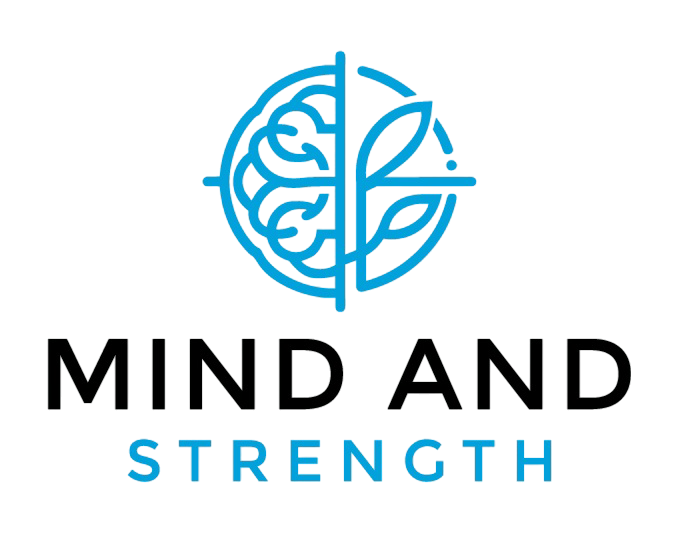Unplugging for Mental Clarity
In our hyperconnected world, digital devices have become indispensable. They enable work, play, and connection but sometimes at a cost to mental well-being. A digital detox - the deliberate act of taking a break from technology - offers an opportunity to reset.
The Psychological Impact of Digital Overload
Excessive screen time has been linked to various mental health challenges, including anxiety, depression, and sleep disturbances. From the perspective of Cognitive Load Theory, constant engagement with digital devices overwhelms our mental bandwidth, impairing focus and decision-making. Every notification, email, or social media scroll demands cognitive resources, leaving less mental capacity for tasks requiring sustained attention or creativity.
Social media also amplifies the effects of social comparison, where we evaluate ourselves against others. Platforms like Instagram and Facebook often present curated, idealised versions of life, fostering feelings of envy, and inadequacy. Moreover, the endless cycle of likes, comments, and shares taps into our reward systems with intermittent reinforcement keeping users hooked. The dopamine hits associated with positive online interactions mirror the addictive qualities of gambling.
Benefits of a Digital Detox
Restoring Attention and Focus
Taking a break from technology allows the brain to recover from constant stimulation. By limiting distractions, a detox helps recalibrate executive functions - skills like problem-solving, planning, and emotional regulation. Attention Restoration Theory (ART) suggests that time away from overstimulation allows the brain to replenish its directed attention resources. Activities like nature walks, reading, or meditative practices during a detox can further enhance cognitive recovery.
Enhancing Mental Health
A digital detox can alleviate feelings of stress and anxiety. The idea of self-determination suggests that well-being is linked to fulfilling intrinsic psychological needs: autonomy, competence, and relatedness. Excessive digital use often undermines autonomy by fostering compulsive behaviours, while curated online interactions can feel shallow, detracting from genuine connection. A detox reorients focus toward authentic, offline relationships and activities, promoting deeper fulfilment.
Improving Sleep Quality
Sleep hygiene is another area where digital detoxing has profound effects. Blue light emitted by screens suppresses melatonin production, delaying the onset of sleep. Additionally, evening engagement with stimulating content activates the brain’s HPA axis, increasing cortisol levels and making it harder to wind down. A detox, particularly during evening hours, can re-establish healthy circadian rhythms and improve restorative sleep.
How to Do a Digital Detox
Set Clear Goals
Identify why you want a digital detox. Are you aiming to improve focus, reduce stress, or foster deeper connections? A clear purpose will keep you motivated.Start Small
A full digital hiatus can feel overwhelming. Begin with manageable steps, like turning off notifications, avoiding screens an hour before bedtime, or designating tech-free zones in your home.Schedule Device-Free Time
Use behavioral activation techniques to replace screen time with meaningful activities. Plan non-digital hobbies, such as journaling, gardening, or exercising. Engaging in these activities reinforces the detox’s benefits, making it easier to sustain.Communicate Your Intentions
Inform family, friends, or colleagues about your detox to manage expectations. Their understanding reduces social pressure to stay constantly connected and may inspire them to join you.Reflect on the Experience
Post-detox, take time to evaluate its impact. Did you feel less stressed? Sleep better? Gain new perspectives? Journaling your observations can solidify the positive changes and encourage ongoing mindful device use.
Common Concerns
Many worry that a digital detox will disrupt productivity or connections. However, research suggests that strategic absence often enhances creativity and problem-solving. Disconnecting can also lead to more intentional, meaningful interactions as opposed to scattered, superficial ones.
If a complete detox feels impractical, consider digital minimalism, a philosophy advocating for the intentional use of technology that aligns with personal values. By eliminating non-essential tech interactions, you can maintain a balance without fully unplugging.
A digital detox is not about abandoning technology but about recalibrating our relationship with it. Taking time to unplug can significantly enhance mental clarity, well-being, and life satisfaction. In a world that’s always online, a step back might be the most powerful move forward.

